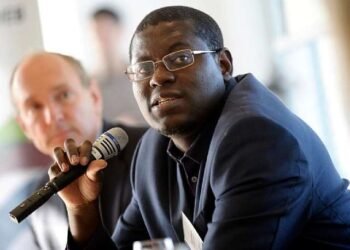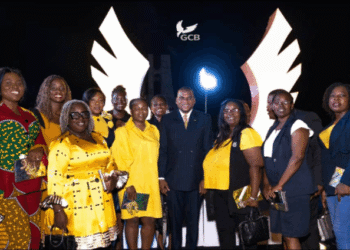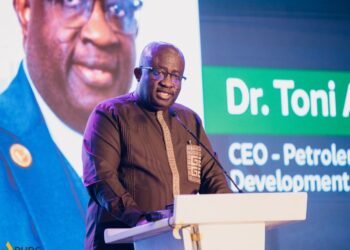Cameroon’s political climate is heating up ahead of the October 12 presidential election as President Paul Biya, 92, launches his bid for an unprecedented eighth term amid growing public discontent and rare dissent from within his inner circle.
Biya, who has ruled since 1982, announced his candidacy in July, saying he was responding to “numerous and insistent” calls to continue leading the country. But this year’s election season has also been marked by unusually bold appeals for him to relinquish power, even from within his family.
The first major challenge came from Catholic Archbishop Samuel Kleda, who declared on French radio last Christmas that it was “not realistic” for Biya to remain in office given his advanced age and the country’s deepening challenges.
Not long after, two cabinet members from Cameroon’s influential northern regions defected, both publicly questioning the president’s capacity to lead. The strongest blow, however, came from an unexpected source, Biya’s 27-year-old daughter, Brenda Biya. In a viral TikTok video, she stated that her father “has made too many people suffer” and urged Cameroonians to vote him out. Although she later retracted her statement, the clip continues to circulate widely among critics of her father’s administration.
Despite these growing cracks in loyalty, Biya remains a formidable political force. Analysts say his endurance is anchored in the same pillars that have upheld his power for more than four decades: a deep-rooted patronage system, a fractured opposition, loyal security forces, and electoral institutions seen as heavily skewed in his favor.
Arrey Ntui, a senior analyst with the International Crisis Group, explained that “the president has managed to enforce loyalty to him and the system… Very few people in the ruling system are willing to put their heads above the parapet” to challenge him. Ntui added that “when it comes to the president, there is no more independent thinking. It is just a one-line story: The president is there, he’s able to run again, that’s it.”
Biya, the world’s oldest head of state, has shown remarkable political resilience. He survived a coup attempt in 1984 and narrowly avoided defeat in Cameroon’s first multi-party elections in 1992, when he won by a mere three percentage points. A 2008 constitutional amendment scrapping the two-term limit cleared his path to contest indefinitely, paving the way for comfortable victories in the 2011 and 2018 elections that opposition parties and observers denounced for irregularities.
In July this year, Biya’s long-time rival, Maurice Kamto, was barred from running. A court ruled that Kamto’s party had already endorsed another candidate, a decision Human Rights Watch said “raises concerns about the credibility of the electoral process.” Kamto, who finished second in 2018, had previously rejected the results and was detained for nine months after leading protests that security forces dispersed with live ammunition.
Mounting Concerns Over Health And Governance
Biya’s biggest vulnerability may be his health. Persistent speculation about his condition intensified last year when he disappeared from public view for 42 days. The government dismissed the rumors as “pure fantasy,” yet it simultaneously banned public discussion of the topic.
Meanwhile, ordinary Cameroonians continue to struggle with unreliable electricity, water shortages, deteriorating roads, and poor waste management, issues that have fueled frustration and weakened public confidence in the government.
Political analysts warn that Biya’s control over state institutions could once again determine the outcome of the vote. The entrenched fear of government retaliation continues to stifle open debate. Raoul Sumo Tayo, a senior researcher at the Institute for Security Studies, described the chilling atmosphere: “When you take a taxi in Cameroon, you don’t know who exactly is the driver. People are afraid to speak. Everybody in Cameroon wants to see their children grow, and so many stay quiet, and it empowers the regime.”
As the election approaches, Biya’s iron grip appears largely unshaken despite growing calls for change. His ability to maintain loyalty and silence dissent may once again prove decisive in extending one of Africa’s longest-standing political reigns.
READ ALSO: Govt Commits GHS 46 Million to Complete Long-Stalled KNUST Teaching Hospital



















